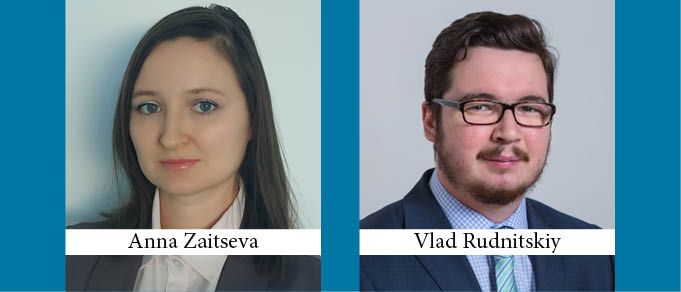The pharmaceutical market is one of the fastest growing markets in Russia, and despite external and internal issues, it is set to grow even further. Foreign pharma companies are expanding into Russia and quite often, at the initial stage, they do not have subsidiaries but are mostly focused on marketing and promotional activities through representative offices. They should, however, consider the approach of the Russian tax authorities in taxing foreign representative offices (ROs) and consider alternative distribution arrangements.
The tax burden depends on whether a foreign pharma company’s activities in Russia lead to the creation of a permanent establishment (PE) or not.
General guidelines specifying the criteria for PE creation are specified by Russian tax law and by the Double Tax Treaty (DTT) between Russia and the country of origin of the head office of the company in question. Also, the OECD Model Tax Convention and official comments thereto are used by Russian courts as additional sources for interpretation of the DTT, even if such documents do not have a binding legal effect in Russia. At the same time, local court trends should be taken into consideration.
Generally, marketing and promotional activities such as organizing seminars and exhibitions and registration of drugs may be considered as preparatory and auxiliary activities that would not give rise to PE in Russia, unless they fall into one of the categories specified below.
If marketing and promotional activities of the RO constitute the core business of the head office (e.g., the head office executes, inter alia, advertising and/or consulting services and may generate profit from any market research performed in Russia) it may lead to the creation of PE in Russia.
A risk of PE also occurs if the RO, beyond a promotional function, executes a sales function (i.e., negotiating and signing contracts on behalf of the head office, actually generating profit for the latter).
If the RO performs marketing and promotional activities for the benefit of third parties (i.e., in favor of distributors or other companies of the group executing sales in Russia) PE may also arise, and even if the RO receives no remuneration for this, the profit tax would be calculated as 20% of the relevant costs incurred by the RO. The approach of the Russian courts to this category of case is quite controversial.
On the one hand, in the Berlin-Chemie case, the court supported a foreign pharma company against the claims of the tax authorities and considered that advertising and marketing activities were performed by the RO in favor of the head office, based on the argument that sales of drugs were structured through several distributors. It helps to prove that the RO of the foreign company is itself interested in marketing and advertising activities in Russia as it drives sales and stimulates Russian distributors to increase the volume of purchases.
On the other hand, there is case law in favor of the tax authorities as well. In the Astellas case, the court supported the position that the activities of the RO were regularly and continuously performed in the interest of the distributor, rather than in the interest of the head office. The position was grounded on the fact that the sales of the drugs in Russia were structured exclusively through the sole Russian distributor, and an additional relevant distribution agreement obliged the distributor to execute advertising, promotion, and state registration of these drugs in Russia. Such circumstances, jointly with other details, persuaded the court that the RO, while executing advertising, promotion, and registration of drugs in Russia, was actually performing the obligations of the distributor under the relevant distribution agreement, i.e., the RO acted in the interest of the distributor. This activity was considered commercial, and taxable.
In another negative case – the AstraZeneca case – the court also ruled in favor of the tax authorities, paying attention in particular to the fact that the RO of the foreign pharma company registered drugs in Russia in the name of other legal entities instead of the head office, and that the trademarks for the registered drugs were also owned by the other legal entities.
In light of these decisions, foreign pharma companies interested in the Russian market are encouraged to consider the planned activities of the RO in Russia from the tax perspective, focusing on the aspects outlined above.
By Anna Zaitseva ,Tax Advisor, and Vlad Rudnitskiy, Partner, Peterka & Partners Moscow
This Article was originally published in Issue 5.12 of the CEE Legal Matters Magazine. If you would like to receive a hard copy of the magazine, you can subscribe here.
